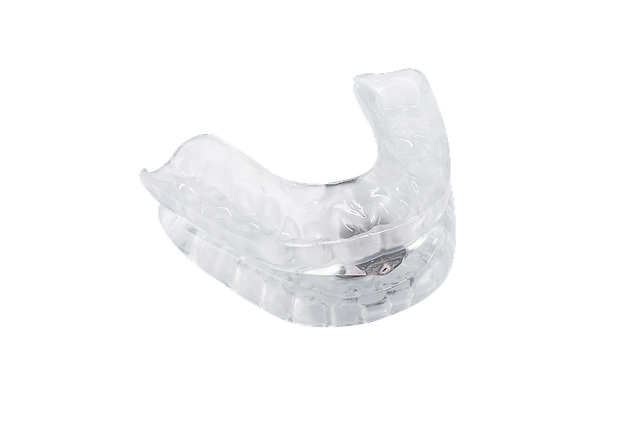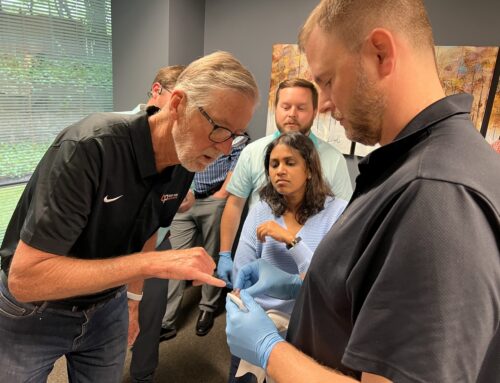This is important to think about: We are lying to ourselves if we don’t embrace alternative therapies other than continuous positive airway pressure (CPAP) for patients with sleep apnea. While CPAP therapy has been proven to be a successful form of treatment for patients with sleep apnea, it isn’t the only or best way for all patients.
As an alternative to CPAP therapy, oral appliance therapy is important to bring to the attention of your patients. By emphasizing how this alternative therapy option works, you can provide better treatment options for your patients. But, in order to successfully treat patients with oral appliances, I have a few things to point out.
Re-emphasize Bite Change
With your patients, it is important to re-emphasize the bite change that might occur. To help with this, ask the following questions:
- Are you willing to give two minutes every morning?
- Are you ok with your back molars not touching?
By asking these questions, you are setting your patients up for success. Oral appliances work, but many patients are hesitant or impatient. Asking if they are willing to give two minutes every morning to perform exercises after wearing the appliance at night will allow you to help them to ensure no bite changes occur.
The exercises work to keep their teeth aligned and bite unchanged. This is also important for the back molars. Use of the oral appliance can keep the back molars from touching if exercises are not completed. Treatment requires dedication from the patient and dentist.
Disruption in Veneers and Crowns
It is also important to note that if a patient has veneers or crowns and they pop off, that has nothing to do with the oral appliance. In fact, it has everything to do with how the treatment was conducted. Veneers or crowns that fall off or crack are typically due to not being cemented in place properly. This has nothing to do with the oral appliance.
Document Everything
This might be the most important part about treatment for your patients–not only because it helps the patient, but because it can protect your office down the road. I cannot emphasize this enough, but you must:
Document everything you say and that it did take place.
I have made this sentence bold while standing on its own because it needs to be said and engrained in your mind for every patient that walks through your office doors. Document everything. And I do mean everything. By including every detail, you can ensure proper treatment is conducted and your patients are made aware of what you said.



